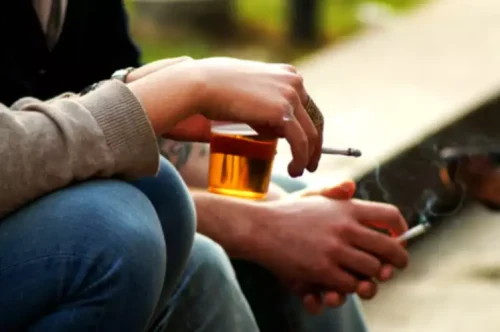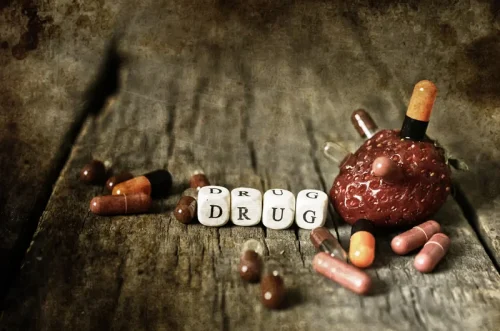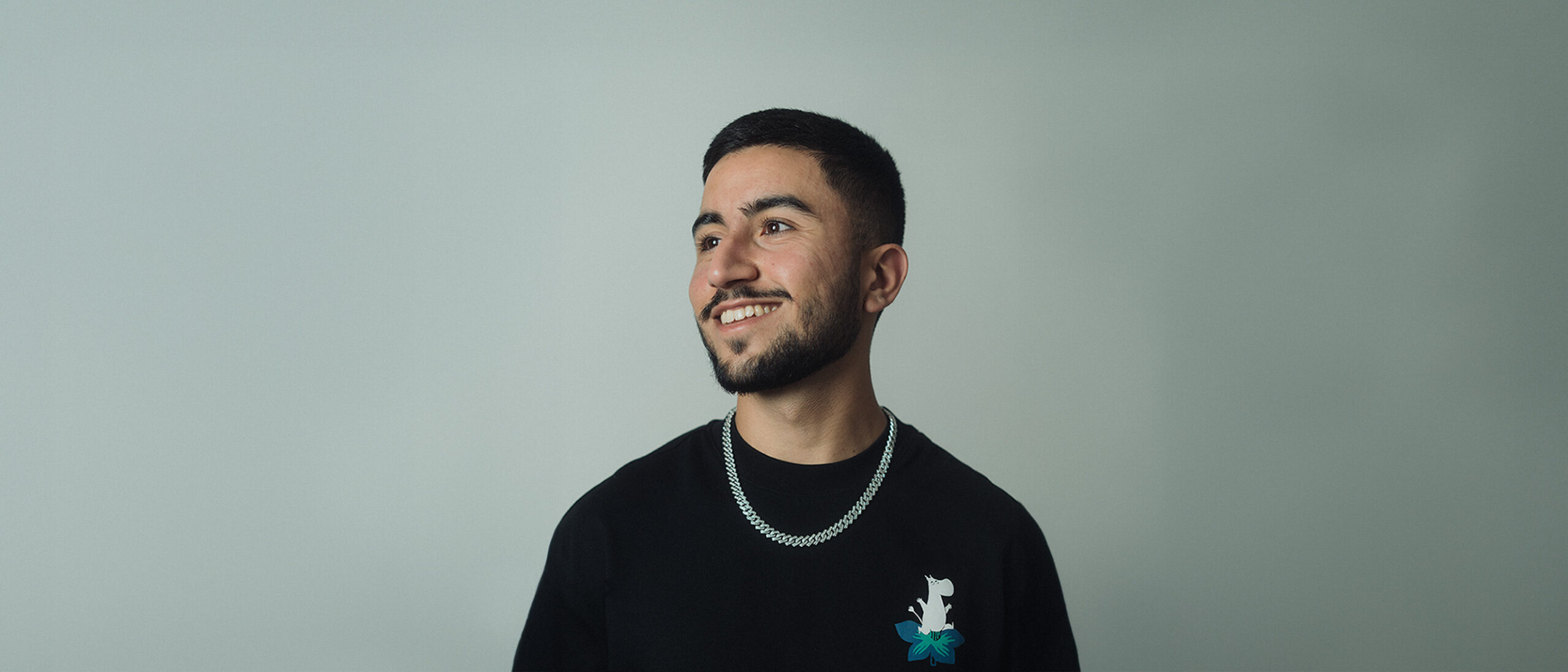
Regular physical activity has numerous benefits for individuals in recovery. Engaging in physical exercise boosts overall well-being and enhances physical and mental health. It cultivates strength and endurance while reducing the risk of chronic diseases like heart disease and diabetes.
Step 10: Continue Your Ongoing Personal Inventory and Admit When You’re Wrong

They facilitate interpersonal growth and the development of essential social skills, empowering individuals to rebuild relationships and establish healthier connections. This research-based technique has been shown to support sobriety. If you’re struggling with addiction, seeking professional help can be a crucial step toward living a sober life.
A Guide to Life After Rehab
The abstinence stage typically begins right after you stop drinking. Once again, males demonstrated no significant differences. Investigators hypothesize that something about the ALDH2 genotype prevents the early onset of female alcoholism.
Using the 12 Steps in Substance Use Recovery and Beyond

Having a plan in place and a support system can make it easier to stay on track and reach goals. However, having faith makes the good things that happen to you extraordinary. Also, my faith has helped me https://ecosoberhouse.com/ live through experiences I cannot imagine surviving without God. So faith is an integral part of my list of how to stay sober. You don’t use heroin if you’re focused on a whole food plant-based diet.

Recovery from AUD is marked by stages of abstinence, withdrawal, repair, and growth. While the process may take several years, the outcome is a happier, healthier life where you have the freedom to fulfill your full potential. Since withdrawal symptoms tend to ebb and flow, you may be tempted to feel like you’re not making progress ― even though in reality, you’ve come a long way. Managing alcohol cravings can be achieved through taking anti-craving medication, finding a recovery coach, and avoiding triggers. With the right strategies in place, you can reach your recovery goals.
The Fallout of Addiction

They provide a unique platform for individuals to discuss their struggles, triumphs, and ongoing efforts openly, fostering a sense of community and shared experiences. The journey to sobriety is a transformative process that requires commitment, courage, and a willingness to change. This section of the ‘five steps to getting clean and sober’ explores the initial stages of this journey, which involve recognizing the need for recovery and exploring treatment options. Recovery may feel isolating, but you don’t have to do it alone. Support networks offer a group of people who share your experience. Peers in support groups motivate each other’s sobriety,4 exchange stories, and provide emotional support.
- These programs offer personalized guidance and help individuals stay on track with their recovery goals.
- Living a sober life involves making healthy habits and lifestyle changes.
- It provides an outlet for emotions and helps individuals manage triggers and cravings related to their addiction.
- If you are trying to maintain a sober lifestyle, those feelings can become toxic and contribute to relapse if you don’t deal with them properly.
Can I Quit Alcohol Cold Turkey?
- Research shows that if you maintain these types of toxic relationships, your chances of relapsing are greater.
- Having a plan in place and a support system can make it easier to stay on track and reach goals.
- Practice speaking recovery affirmations to begin the positive influence of your mindset shift.
Second, you need to apply the steps for getting out of debt to your financial circumstances. Third, you need to create a realistic budget and live within your means. That is crucial for them to receive your letters tips to quit drinking graciously, and hopefully, those people will respect your boundaries. If someone refuses to honor your boundaries, then they’ve become toxic. Can you think of any areas where you are hard on yourself?
They equip individuals with knowledge about addiction, relapse prevention, and effective recovery strategies. They facilitate the development of essential social skills and interpersonal growth, empowering individuals to rebuild relationships and establish healthier connections [2]. Creating a personalized plan for sobriety involves identifying triggers and developing strategies to manage cravings. This may include avoiding certain friendships or activities that could lead to drinking and finding alternative ways to cope with stress and emotional challenges. You can learn about different tips for staying sober during the holidays, for example.

